Care for Your Pots and Pans

by
BrightNest
(IC: blogger)
Between sautéed spinach and sugar cookies, your cookware sees a lot of action in the kitchen. Properly clean your cookware to ensure it lasts and performs well every time. Regardless of your cookware type, never clean while the pan or pot is still hot! Wait until your cookware has cooled completely before you clean to prevent warping.
FOR ALL TYPES OF COOKWARE EXCEPT CAST IRON:
Enjoyed the project?

Want more details about this and other DIY projects? Check out my blog post!
Published April 1st, 2014 6:15 PM
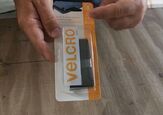
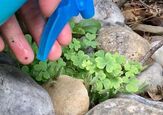

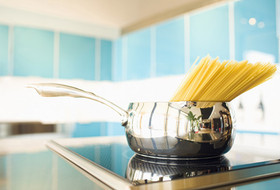
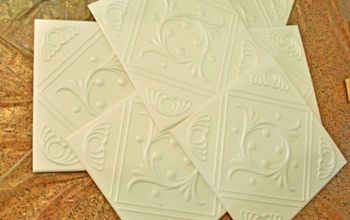
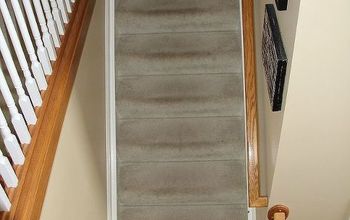
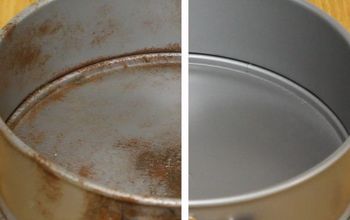
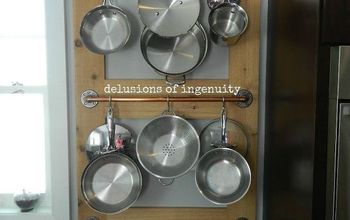
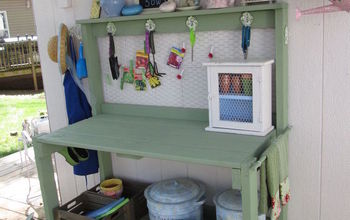
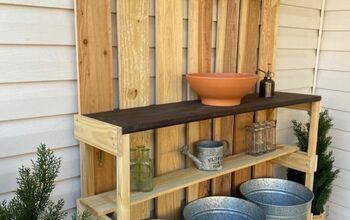
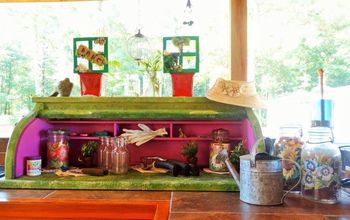
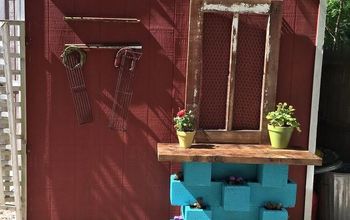
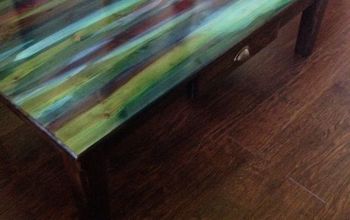
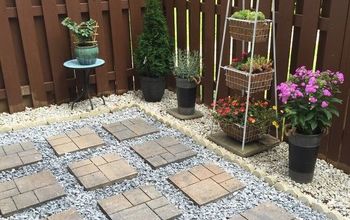

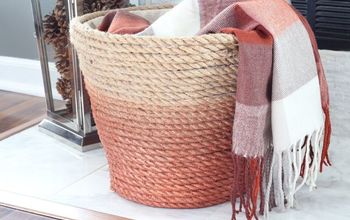
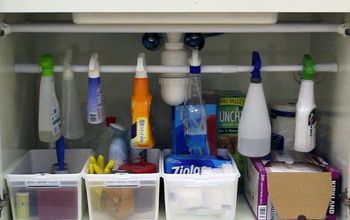
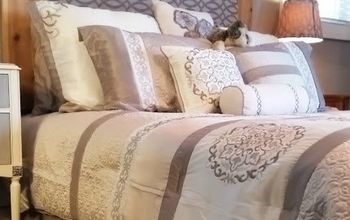

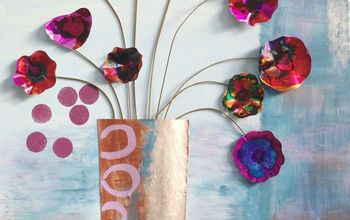
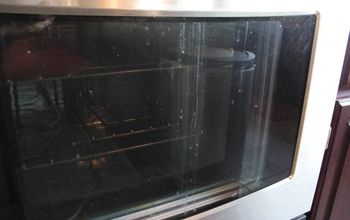
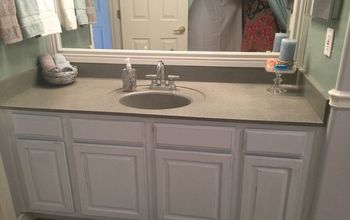
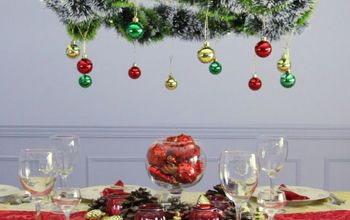
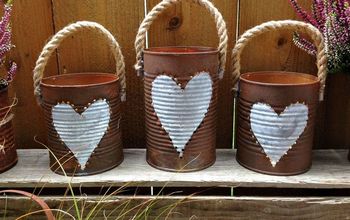
Frequently asked questions
Have a question about this project?
I need to get burnt food out of a stainless pan. How can I do this?
I need to get burnt food out of a pan, how can I do this?